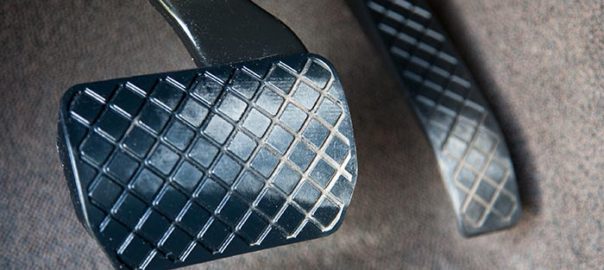Properly operational brakes are essential for safe vehicle operation. In this blog entry, Chicago Towing will detail how brake systems operate and how they play an incredibly important role in the operation of cars and trucks of all sizes.
Vehicle braking systems are just as important as the drive trains that move the vehicle when they’re activated.
With every vehicle, every time a braking system is activated, the brakes are somewhat exerted – over time, this degrades the brake mechanism. Brakes remove rotational energy off the wheel that turns your vehicle – and through hydraulic pressure, they take that energy and transform it into heat. This process of energy conversion allows your vehicle to slow down slightly or suddenly depending on how hard and how fast you press the brake pedal. The parts of brakes that suffer the most through overuse are the brake pads and the brake rotors. But there’s other parts of your braking system that require regular inspection and maintenance in order to prevent serious issues from cropping up. Over time, hydraulic fluid inside braking systems can become contaminated or degraded, making the brake pedal operate in a spongy fashion. Seals can further strain your braking system, and leak which creates a flood of toxic chemicals that also cause brakes to fail.
Rubber lines inside brakes can be damaged by hazards on the road – and brake booster systems that are used over time can wear out. And as miles accumulate, regardless of whether your vehicle is on a lifting system, it’s necessary to make sure that whatever vehicle technician is inspecting your car also inspects your car’s brake systems. Brakes are essential for a safely operating vehicle. In order to maintain safety of you and your passengers, you need to make sure that your braking system is operational, working at full efficiency, and full quality if you’re ever on the road, or simply just parked at home or at work and realize that your brakes aren’t working in the right way. Or, if a brake warning light pops up on your vehicle dashboard. stop your vehicle immediately in a safe area and have your vehicle inspected by a professional automotive mechanic or law or brake expert.

